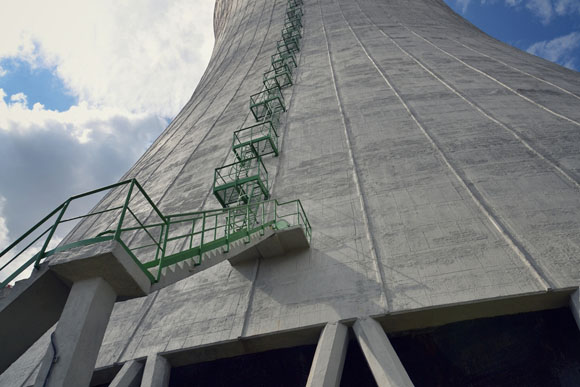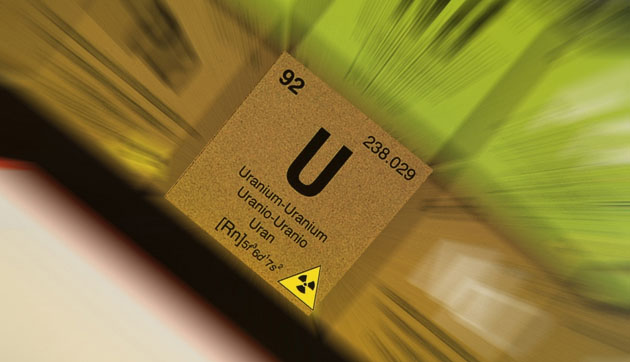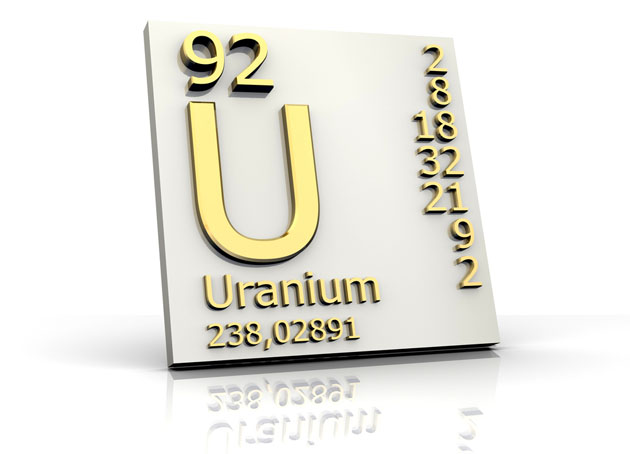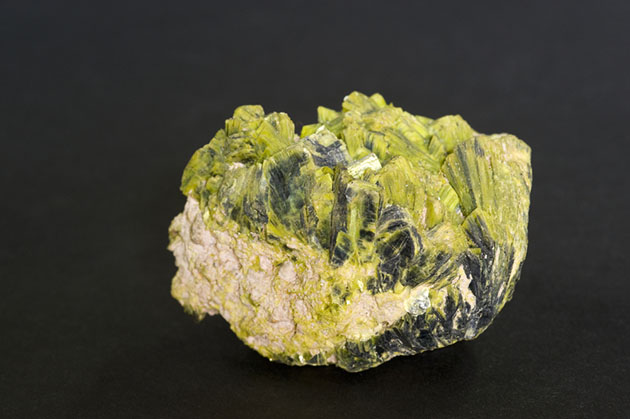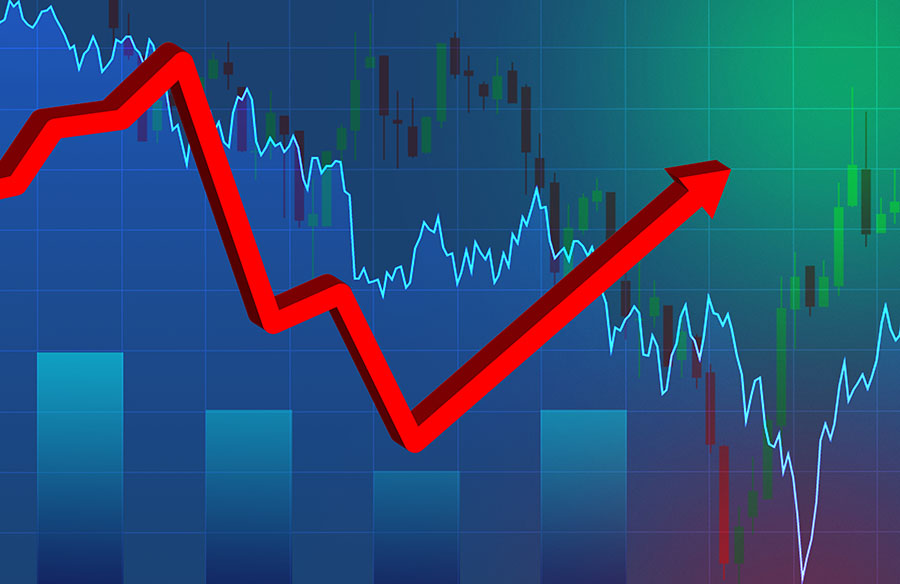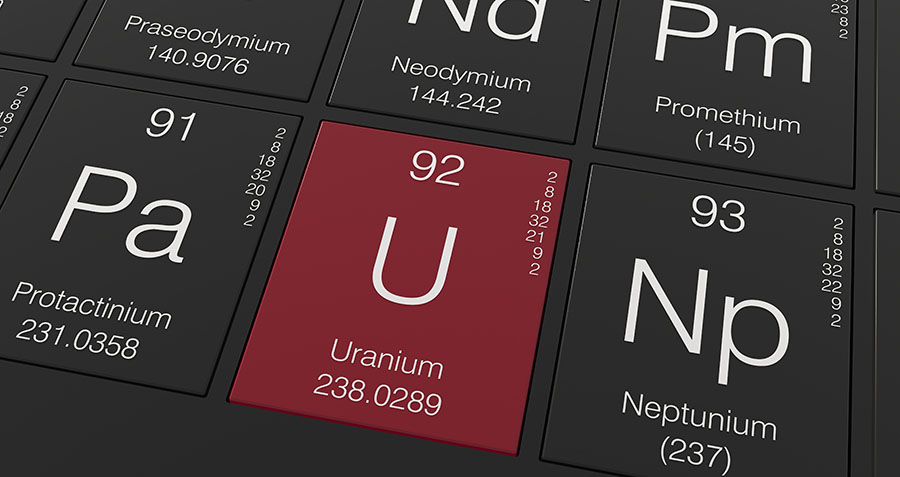European Union (EU) foreign ministers adopted Oct. 15 a raft of new sanctions against Iran, including a ban on the import of natural gas, a ban on the supply of vessels for the transportation or storage of Iranian oil and a ban on flagging Iranian vessels.
The ministers adopted the sanctions without discussion at a meeting in Luxembourg, the EU's foreign affairs council said in a statement.
"Given the EU's serious and deepening concerns over Iran's nuclear program, the council today significantly broadened EU restrictive measures against that country," it said.
The ban on gas imports was expected, though it is largely symbolic as the EU does not import gas from Iran.
"The council banned the import of natural gas from Iran into the EU. This concerns import, purchase and transport of gas, as well as finance and insurance related to these activities," it said.
Iran does export some gas to Turkey, which is not an EU member but has aspirations to join. It can re-export its gas imports, which also come from Russia and Azerbaijan, to southeast Europe.
Turkish gas importer Botas only has re-export rights for the 6.6 billion cubic meters of Azeri gas it imports.
Although given the physical restrictions of the Botas grid the 800 million cu m/year of gas it exports to Greece is almost certainly of Russian origin, it is indistinguishable from the rest of the gas in the system.
Oil-Shipping Sanctions
The new sanctions also include several shipping-related measures.
"Vessels belonging to EU citizens and companies may no longer be used for transporting or storing Iranian oil and petrochemical products," it said.
"Further, the involvement of EU industries in the construction of new oil tankers for Iran will no longer be permitted and key naval equipment and technology for ship building and maintenance can no longer be supplied to Iran. The council also banned flagging and classification services for Iranian oil tankers and cargo vessels."
The sanctions are the latest attempt by Brussels to pressure Tehran into giving up its nuclear enrichment program. They also include a number of financial sanctions.
"EU member states decided to stop supporting trade with Iran through new short-term export credits, guarantees or insurance. Medium- and long-term commitments were already previously prohibited."
The Council took further measures to ensure that EU financial institutions do not process funds that could contribute to Iran's nuclear program or to the development of ballistic missiles.
"Therefore it prohibited all transactions between European and Iranian banks, unless they are explicitly authorized in advance by national authorities under strict conditions. Under these conditions, authorized trade can continue," it said.
The council also decided to strengthen the restrictive measures against the Central Bank of Iran.
Finally, the council said it had also targeted 34 additional Iranian entities providing substantial financial support to the Iranian government and one person involved in the Iranian nuclear program with an asset freeze and a travel ban.
"This concerns notably entities active in the oil and gas industry and in the financial sector," it said.
The new sanctions will come into effect when they are published in the official journal on Oct. 16.
Existing EU sanctions against Tehran include a bloc-wide ban on the import of crude oil from Iran as well as other economic measures against the Islamic Republic.
Twin-Track Approach
The EU's foreign affairs chief Catherine Ashton said the new sanctions were part of a twin track effort regarding Iran's nuclear program.
"I continue as you know to make every effort to explore the potential for Iran to make the decision on an entirely peaceful civil nuclear program," she said in a statement ahead of the meeting.
"We keep our sanctions regimes under review wherever we have sanctions. It's very important for two reasons. One is because circumstances change, and secondly in order to keep up the pressure," she said.
Ashton said the EU was still very much open to dialogue with Tehran. "It's very important that Iran is sent a very strong signal from this European Union Foreign Affairs Council and from the member states that we want to see a negotiated agreement. We will continue to keep up the pressure, and that's important. It's important because it's quite clearly having an effect."
"We have to continue with the twin track approach: pressure to persuade Iran to come to the table, and the offers that we make about how we will release that pressure in return for Iran complying with international obligations. That's what the twin track approach is about."
Stuart Elliott
Platts


